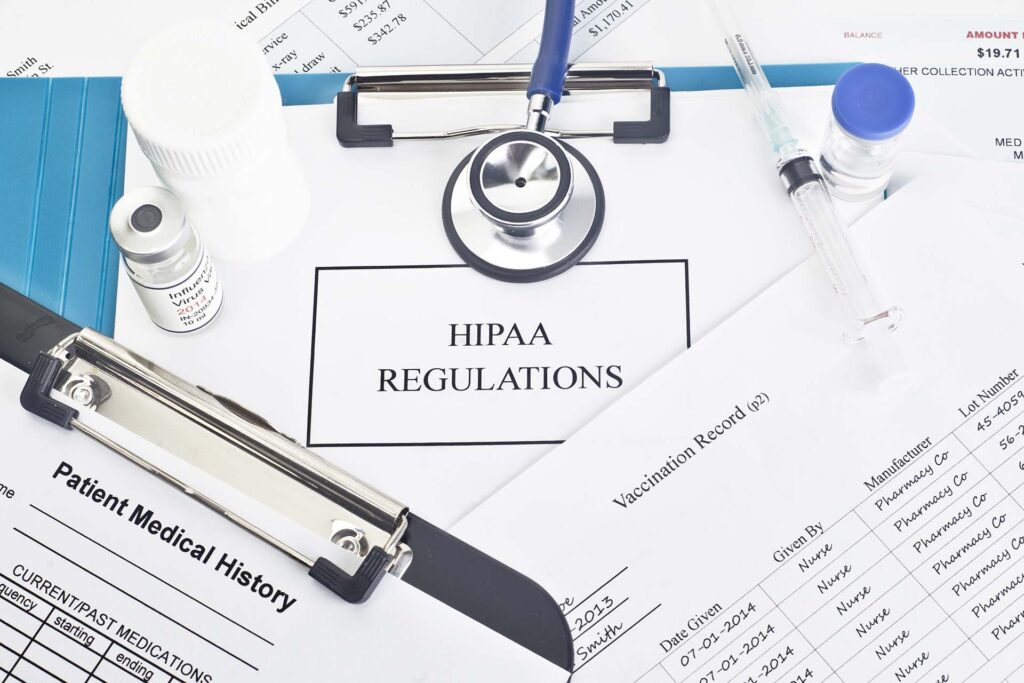What Are the Three Rules of HIPAA?

If your healthcare organization collects and stores personal information as part of your operations, it’s vital that you and your staff are familiar with and adhering to the Health Insurance Portability and Accountability Act (HIPAA). HIPAA includes three rules for protecting patient health information, namely: The Privacy Rule The Security Rule The Breach Notification Rule […]
7 Social Media Content Ideas For When You’re Uninspired

Social media is a fun and effective way to promote your business and boost sales in many cases. Making sure that you put effort towards interacting online and creating quality content on your socials frequently can go a long way to further your business. However, every social media manager and coordinator has reached a point […]
HIPAA Violation Examples – WheelHouse IT

With fines reaching $50,000 per occurrence and a maximum annual penalty of almost 2 million dollars, it’s imperative to ensure your medical practice is HIPAA compliant at all times. While every possible violation should be considered a threat to your company however some come up more than others do in today’s worldwide technology-driven society with […]
HIPAA Do’s and Don’ts for Employees – WheelHouse IT

HIPAA Do’s and Don’ts for Employees HIPAA is the law that protects your privacy as a patient. Under HIPAA, health care plans and providers must limit who can see records of you to those with need-to-know information such as doctors, nurses, or a health professional if you are in order for it not to be […]
50 Marketing Statistics You Must Know

Check out some of the latest marketing trends that are sure to help you keep your business’s marketing efforts relevant and effective.








